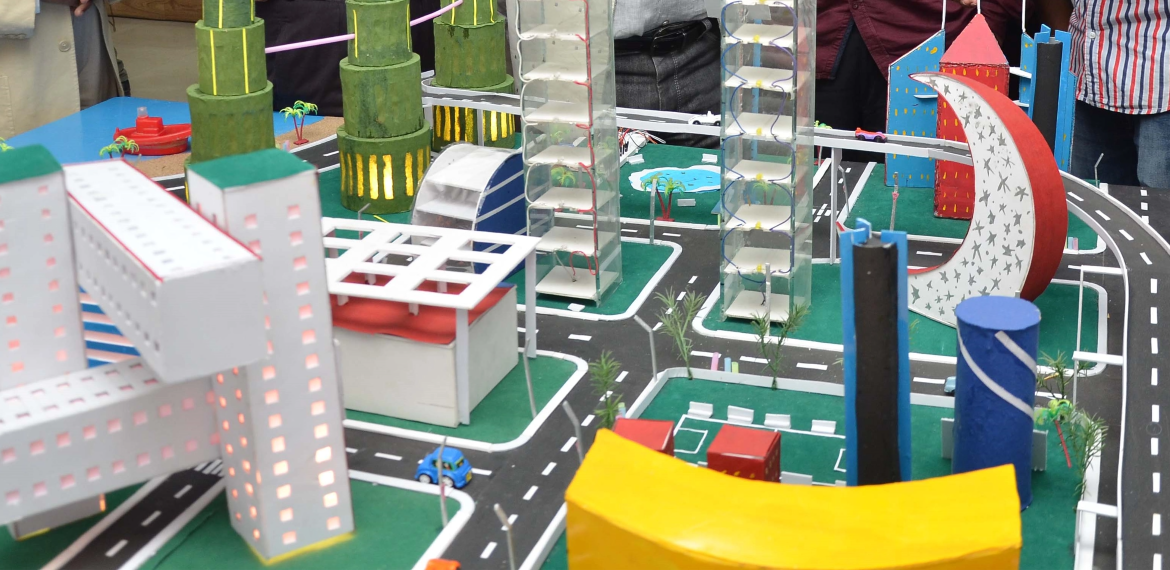About the Course
This is the oldest and vast discipline of Engineering which covers three sub- disciplines such as Structural Engineering, Geotechnical Engineering and Water Resources Engineering besides many other areas such as Surveying, Building materials and construction, Environmental engineering and Transportation Engineering which includes highways, railways and airport engineering. The course is also supplemented by Construction management, Estimation of material quantity ,finance and accountancy.
Vision
To produce technically competent and socially responsible civil engineers to propel infrastructural development.
Mission
To impart quality education and inculcate professional skills to function as proficient planners, designers & constructors capable of ensuring sustainability and safety.
